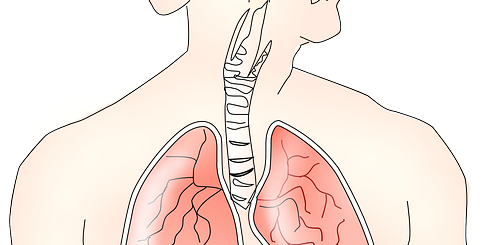Higher dosing of alglucosidase alfa (ERT) improves outcomes in children with Pompe disease: a clinical study and review of the literature
Purpose
Enzyme replacement therapy (ERT) with recombinant human acid-α glucosidase (rhGAA) at standard dose of 20 mg/kg every other week is insufficient to halt the long-term progression of myopathy in Pompe disease.
Methods
We conducted a retrospective study on infantile-onset Pompe disease (IPD) and late-onset Pompe disease (LOPD) patients with onset before age 5 years, ≥12 months of treatment with standard dose ERT, and rhGAA immunogenic tolerance prior to dose escalation. Long-term follow-up of up to 18 years was obtained. We obtained physical therapy, lingual strength, biochemical, and pulmonary assessments as dose was escalated.
Results
Eleven patients with IPD (n = 7) or LOPD (n = 4) were treated with higher doses of up to 40 mg/kg weekly. There were improvements in gross motor function measure in 9/10 patients, in lingual strength in 6/6 patients, and in pulmonary function in 4/11. Significant reductions in urinary glucose tetrasaccharide, creatine kinase, aspartate aminotransferase, and alanine aminotransferase were observed at 40 mg/kg weekly compared with lower doses (p < 0.05). No safety or immunogenicity concerns were observed at higher doses.
Conclusion
Higher rhGAA doses are safe, improve gross motor outcomes, lingual strength, pulmonary function measures, and biochemical markers in early-onset Pompe disease, and should be considered in patients with clinical and functional decline.
Aleena A. Khan MBBS, Laura E. Case PT, DPT, Mrudu Herbert MD, MPH, Stephanie DeArmey MHS, PA-C, Harrison Jones PhD, Kelly Crisp CCC-SLP, MA, Kanecia Zimmerman MD, Mai K. ElMallah MD, Sarah P. Young PhD & Priya S. Kishnani MD
Genetics in Medicine volume 22, pages898–907(2020)

